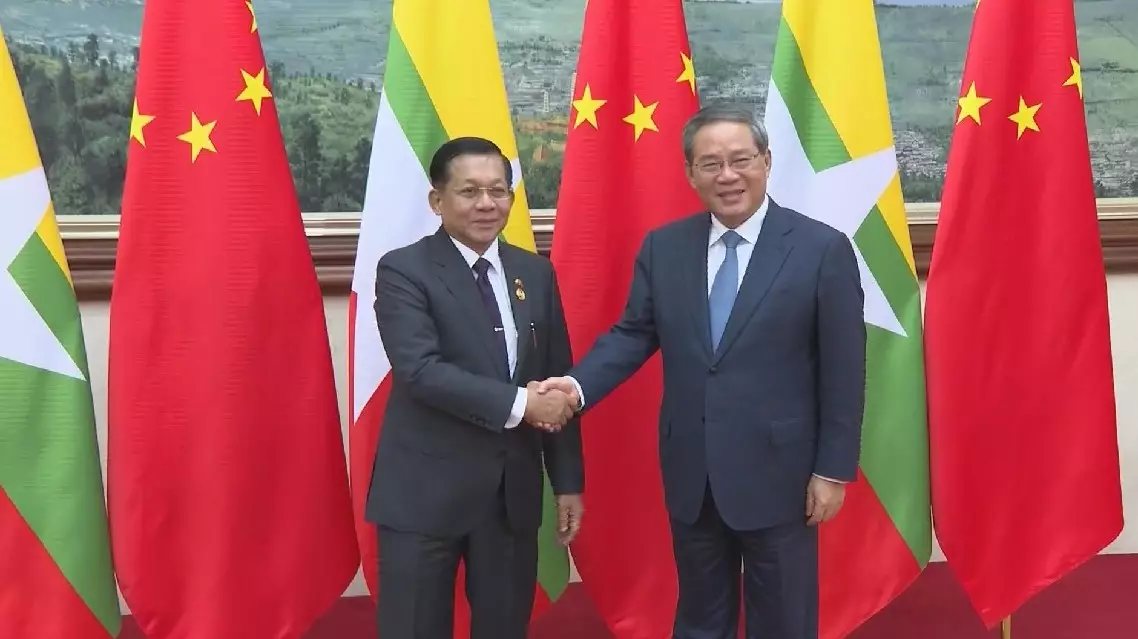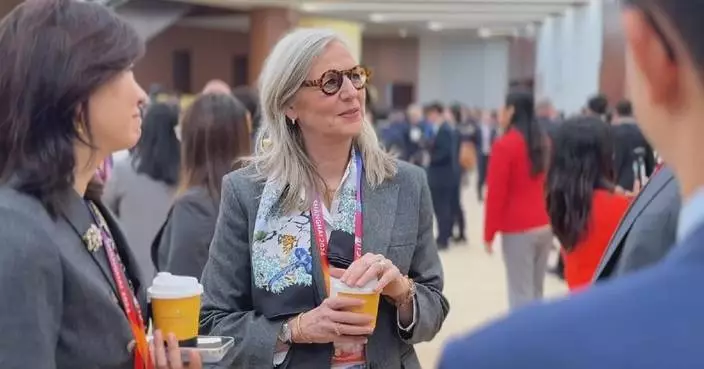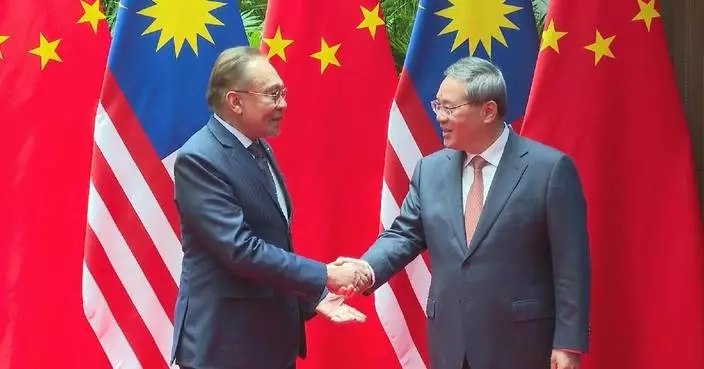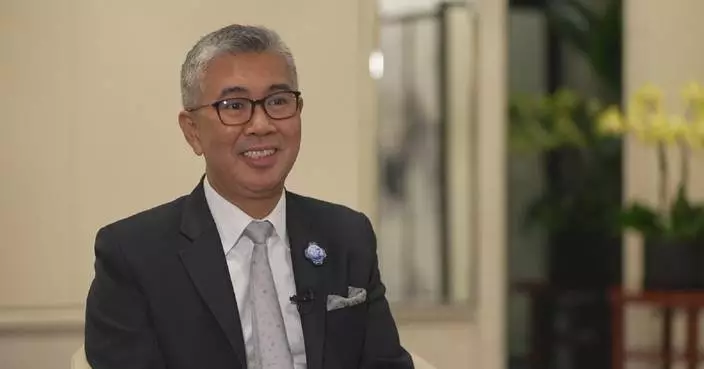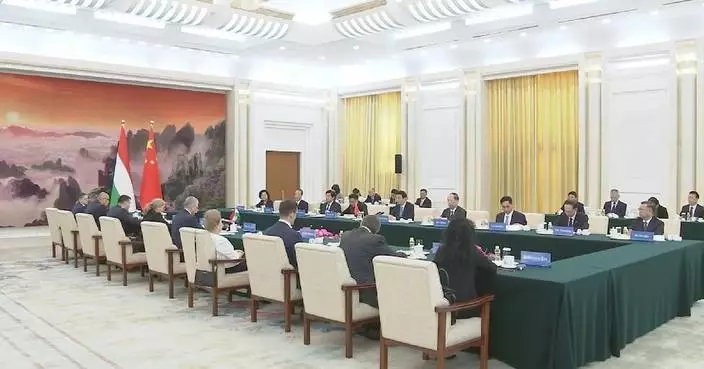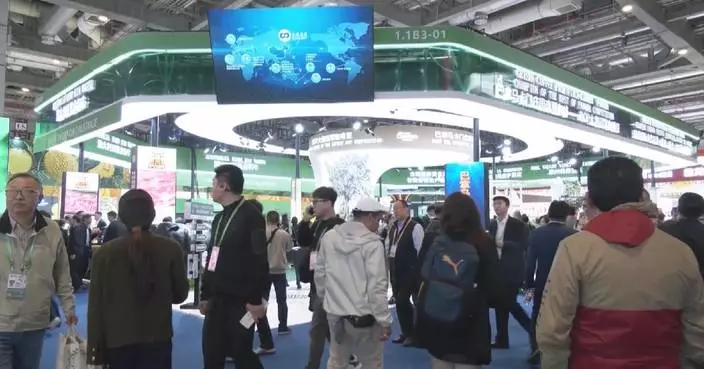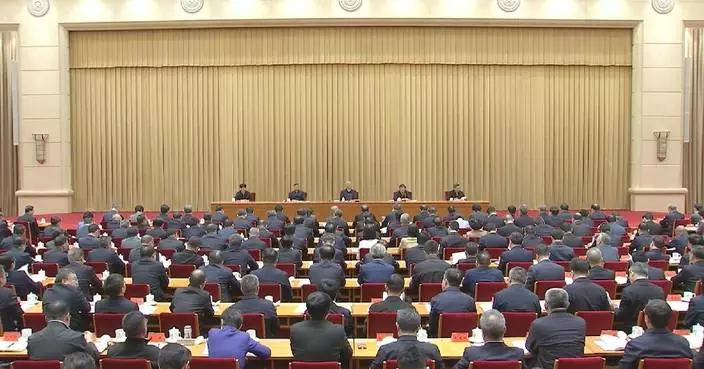China has been making unremitting efforts to strive for its dual goals of peaking carbon emissions by 2030 and achieving carbon neutrality by 2060, and has continued to export clean and green technological products to the the rest of the world at affordable prices, according to Liu Zhenmin, the country's special envoy for climate change.
In an interview with China Global Television Network (CGTN) released on Thursday, Liu said China is still a developing country in terms of unbalanced regional and urban-rural development as well as its vulnerability to extreme weather events such as drought and flood.
"China, economically, I think, talking about GDP, we have reached a certain level. But nationally speaking, we are still a developing country. We are still suffering from issues of unbalanced development between the regions, between the rural areas with the urban areas. At the same time, we are also a very vulnerable country to climate change. You can see that every year we are suffering from different natural disasters. In the north, we may have drought. In the south, we have flood," said Liu.
He highlighted that Chinese authorities have mobilized the whole country to achieve its carbon reduction goals which will benefit the country itself and the world at large.
"This [carbon reduction goals] will demonstrate Chinese contribution to the global solution of climate change. It also helps China towards the objective of building up a beautiful China. So, addressing climate change is both our global objective as well as national objective," said Liu.
He stressed that to realize global carbon neutrality, the world needs more affordable green technologies, providing developing countries with adequate financing and ensuring a fair international system for cooperation.
He also urged developed countries to honor their commitments and underscored the importance of mobilizing all sectors and the whole society to follow a low-carbon footprint.
"Developed country parties [need] really contingently take a lead in providing financial support to developing countries and honor their commitments they announced many years ago. We also need to mobilize old multilateral development banks for prioritizing their investment in the future to climate finance. We need also to mobilize old private sectors for their investment to address the climate change. That's why I think China is doing now. There are many of our private enterprises already being mobilized. We also need to mobilize the people's support to practice the so-called circular economy, to follow a low-carbon footprint," said the special envoy.
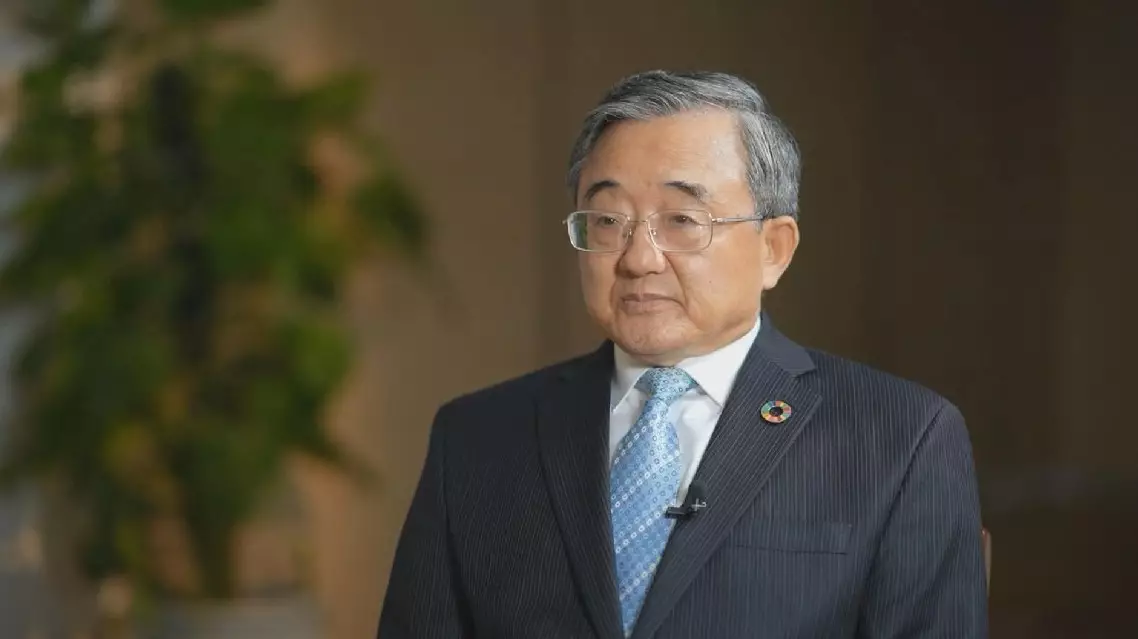
China's carbon reduction goals advance global response to climate change: special envoy


